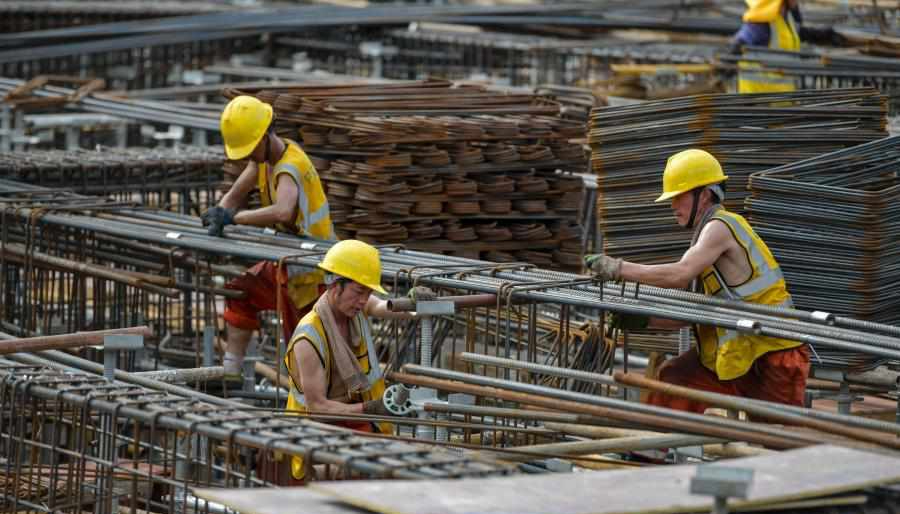Watchers of China’s economic growth over the last 40 years are watching intently as the world’s most populous country looks set to make a change in course. The rededication to the CPC’s founding aims – an equal, sovereign China – has come as China completes its momentous aim of completing a ‘moderately prosperous society’.
Whilst the market-orientated reforms introduced in the 1980s brought the country unprecedented economic growth, this was hugely uneven. Now, with China contending with significant levels of wealth inequality, the country has moved to focus on the quality of growth, not just the quantity.
This shift started picking up speed when Xi Jinping was elected general secretary of the CPC in 2012. In the 9 years since, the private sector has seen their access to credit consistently reduced. The share of investment undertaken by state firms as opposed to private firms has grown. A crucial part of China’s economy, the industrial sector has also begun to grow at a quicker rate in the state sector than the private sector; this hasn’t happened in decades.
The recent event most encapsulating these developments has been the disruption of Alibaba’s IPO by Beijing and the consequent humbling of its primary shareholder, Jack Ma. Undoubtedly, billionaires are a phenomenon to be worried about in any state, even a Marxist-Leninist one. As the brakes are put on the private sector, though, Beijing will have to ensure political control is firmly held over the native bourgeoise if the country’s newest vision is to be achieved. At the party’s most recent congress, President Xi laid out the vision of “a great, modern socialist country that is prosperous, strong, democratic, culturally advanced, harmonious and beautiful.”
The fact that China’s state-owned enterprises took de facto control of 51 companies in 2020 – up from around 30 and 20 in the 2 prior years – shows this task is being taken seriously.
Some have questioned China’s commitment to a system that has brought such rapid change to what was one of the poorest countries in the world only a few generations ago. However, China’s recent completion of its grand long-term aim to abolish absolute poverty should show the millions of people who make up the CPC take this task seriously. The move from one ambition to another isn’t achievable overnight, but with an unmatched track record behind them, no one should underestimate these first steps taken by the Chinese people to achieve another feat of history.
Mally Kakembo



